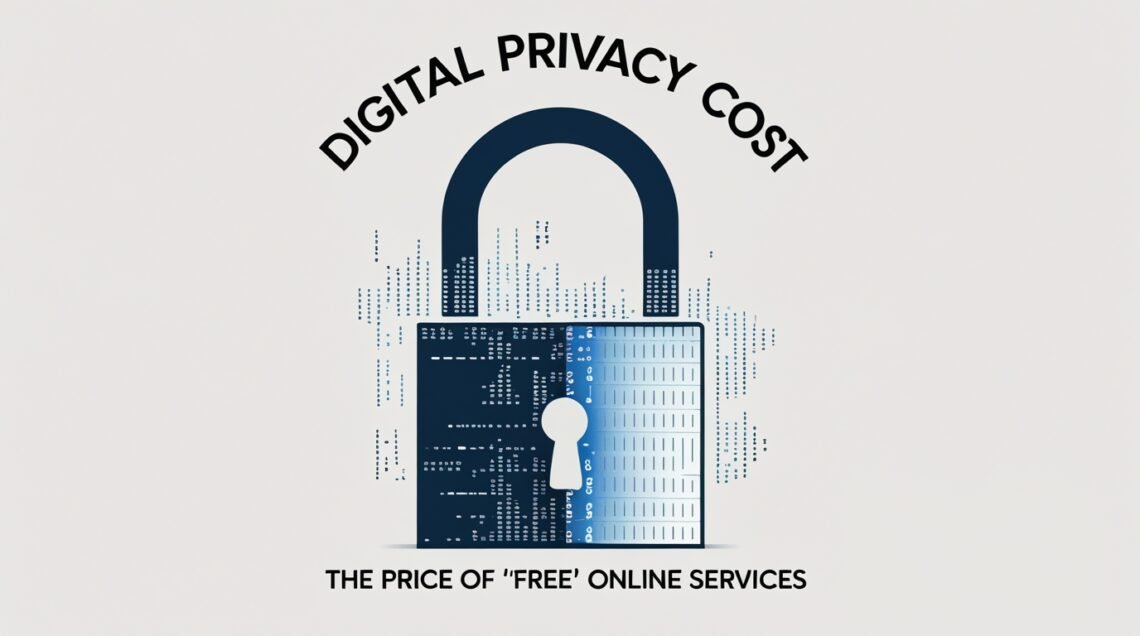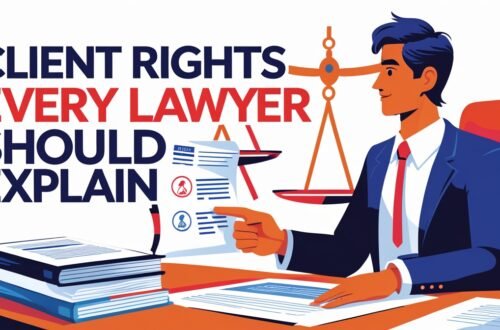Let’s stop kidding ourselves. You see that word “free” and you know, deep down, it’s a lie. Nothing is free. Especially not online. That free email account, that social media platform you scroll through mindlessly, that handy map app that gets you where you need to go, they’re not charities. They’re the most sophisticated surveillance machines ever created, and we’re not the customers. We’re the product. The price of admission is your privacy, your attention, and a little piece of your autonomy. And the scariest part? We all just clicked “I Agree” without ever really understanding the bill.
The Illusion of Free:
We need to dismantle this myth right now. When a service is free, it means you are not paying for it with money. You are paying for it with something else. Something far more valuable.
- The Business Model is You: The business model of these companies isn’t a mystery. It’s advertising. But not the old-fashioned kind. It’s hyper-targeted, behaviorally-focused advertising. To make that work, they need a detailed, constantly updating dossier on who you are, what you like, what you fear, and what you’re likely to buy.
- Your Digital Twin: They’re not just selling ads next to your content. They’re selling access to you. They’ve built a shadow profile of you, a “digital twin“, that they rent out to advertisers. This profile knows you better than your family might. It knows your insecurities, your political leanings, your secret desires. That’s the product.
What Are You Actually Giving Away?
We hear “data” and we think of our email address. That’s just the tip of the iceberg. The real cost is paid in much more intimate currency.
- Your Attention and Your Time: This is the most immediate cost. These platforms are engineered to be addictive. Infinite scroll, autoplay, notifications, they’re all designed to keep you hooked. Your time and attention are harvested, packaged, and sold to the highest bidder. Every minute you spend is a minute of your life you’re trading for their service.
- Your Relationships and Your Network: When you upload your contacts to a social media platform “to find friends,” you’re not just giving away your data. You’re giving away a map of your entire social life. You’re giving them your friends’, family’s, and colleagues’ information, too. You’ve made them a part of this transaction without their explicit consent.
- Your Thoughts and Feelings: Every status update, every “like,” every search query is a data point. They don’t just know what you’re doing; they’re making educated guesses about what you’re thinking and feeling. They can correlate your late-night searches with moments of sadness or anxiety. This is profoundly sensitive information.
The Real-World Consequences:
This isn’t some abstract, philosophical debate. The erosion of your digital privacy has tangible, real-world impacts.
- The Filter Bubble and Polarization: The algorithm’s main goal is to keep you engaged. And what keeps people engaged? Outrage. Confirmation bias. You’re fed content that aligns with your existing beliefs, pushing you further into an echo chamber. This isn’t an accident; it’s a direct result of the business model. It’s fracturing our public discourse.
- Price Discrimination and Financial Cost: Your data can be used against you financially. Ever searched for a flight, then seen the price go up when you search again? That’s one example. More subtly, companies can use your data to determine your willingness to pay and offer you different prices for the same product. The “free” service ends up costing you real money elsewhere.
- Loss of Opportunities: What you do online can be held against you. Potential employers, universities, and even landlords now routinely scour social media profiles. A stupid joke you made ten years ago, a photo from a party, a political opinion, taken out of context, it can alter the course of your life.
What Can You Actually Do?
Okay, so we’re all screwed, right? Not entirely. You can’t become a digital ghost, but you can be a less easy target. You can increase the cost of doing business with you.
- The Nuclear Option: Quit. The most effective thing you can do is delete the apps and accounts you don’t truly need. Do you really need that social media account that just makes you feel bad? Probably not. This is the simplest, most powerful move.
- The “Pain in the Neck” Settings: If you can’t quit, be a nuisance. Go into the privacy settings of every service you use. Turn off personalized ads. Limit ad tracking. Turn off location services for apps that don’t absolutely need it. Make it harder for them to build a clean profile. It won’t stop them completely, but it adds friction.
- Use a Privacy-Focused Alternative: This is where you can vote with your wallet.
- Search Engine: Use DuckDuckGo or Startpage instead of Google. They don’t track your searches.
- Browser: Use Brave or Firefox with privacy extensions instead of Chrome. Chrome is a data collection tool for Google.
- Email: Consider a service like ProtonMail, which offers end-to-end encryption.
- The Most Important Tool: Your Brain: Be skeptical. Think before you click. Ask yourself, “Why is this service free? What do they get out of this?” That moment of critical thinking is the first step toward taking back control.
Wrapping Up:
The “free” lunch online is an illusion. We’re all paying for it, every day, with pieces of our privacy, our attention, and our peace of mind. The goal isn’t to achieve perfect anonymity, that’s nearly impossible. The goal is to be aware of the transaction. To understand the price tag. To stop being a willing product and start being a conscious consumer. The next time you’re about to sign up for another “free” service, just pause. Ask yourself if the convenience is really worth the cost. Because I can promise you, it’s a lot higher than you think.
FAQs:
1. Is it even possible to have privacy online anymore?
Perfect privacy is impossible, but you can take steps to significantly reduce your digital footprint and make your data less valuable.
2. What’s the biggest mistake people make with privacy?
Using the same password for everything, it’s the master key to your entire digital life.
3. Does using incognito mode protect my privacy?
No, it only hides your browsing history from others using your computer; your ISP and the websites you visit can still track you.
4. Are VPNs a good solution for privacy?
A reputable VPN can help hide your activity from your internet provider, but you’re just transferring trust to the VPN company itself.
5. Why should I care if I have nothing to hide?
Because privacy isn’t about hiding wrongdoings; it’s about having control over your personal information and how it’s used.
6. What’s the one thing I should do today?
Start using a password manager and enable two-factor authentication on your important accounts.

